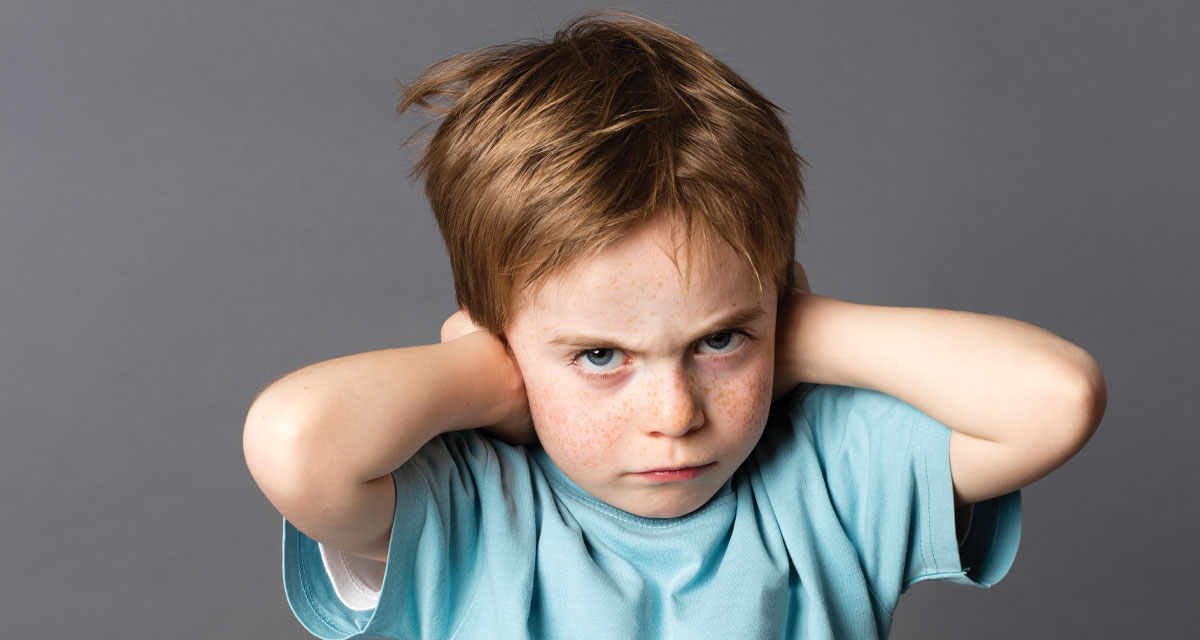As human beings we often take things personally. The individual who gives us an extra glance or stares a bit longer at the store–we think it must be because of how we’re dressed or that we didn’t spend the extra time on our hair this morning. This can create increased anxiety and feelings of worthlessness as we pick ourselves apart and wonder where we went wrong when something doesn’t go our way.
These feelings are no different when we are responding to our children’s behavior. It doesn’t matter what their age, many people have a firm belief that our children are a reflection of who we are and how we raised them. So, when we see the toddler throwing a tantrum in the store, or hitting their friend when they take their toy, we pass judgment on the parents, wondering how they could let such behavior happen.
And when this happens to us, we wonder “Where did I go wrong?” The teenager that slams doors and spews words of disgust–we immediately react to how it makes us feel and think this behavior is because of something we did or didn’t do. We reflect on their toddler years and feel maybe we gave them too much processed sugar or freedom to explore. We immediately feel guilt, frustration, and like a bad parent. Instead of reacting to behavior and focusing on how it makes us feel, we need to take a step back and fully look at the situation.
Fact is that children are human beings, too. Even when they’re young, they have feelings and emotions sometimes that are so big, they are unsure of how to handle them. The toddler that gets told no to buying the toy in the store feels anger and disappointment coursing through them, and unlike us adults, they don’t know what to do with it. Heck, sometimes as adults our feelings are so intense, we struggle with managing them ourselves . How can we expect our children to be perfect and know what to do? Those emotions become a tantrum, a screaming fit, or kicking and hitting. Our initial response is to react and yell, even sternly reprimand the child; but, if we take a step back and look at the situation, there is a different approach.
- Understanding and kindness.
- Compassion and empathy.
- Love even in the face of challenges.
We must validate the child’s feelings and help him or her navigate those big emotions and teach them how to handle them in a more appropriate way. Think about when someone simply says, “I know you’re angry. Let me help you.” You feel better already, knowing what you’re feeling is validated. Children are worthy of this understanding as well.
So, next time you feel that your child’s behavior is due to you, or think that you must be alone in the parenting struggle, take that step back, take a breath and know you are not alone. Your emotions are valid and so are your child’s. And always let your child know that regardless of their behavior, they are loved and understood.























